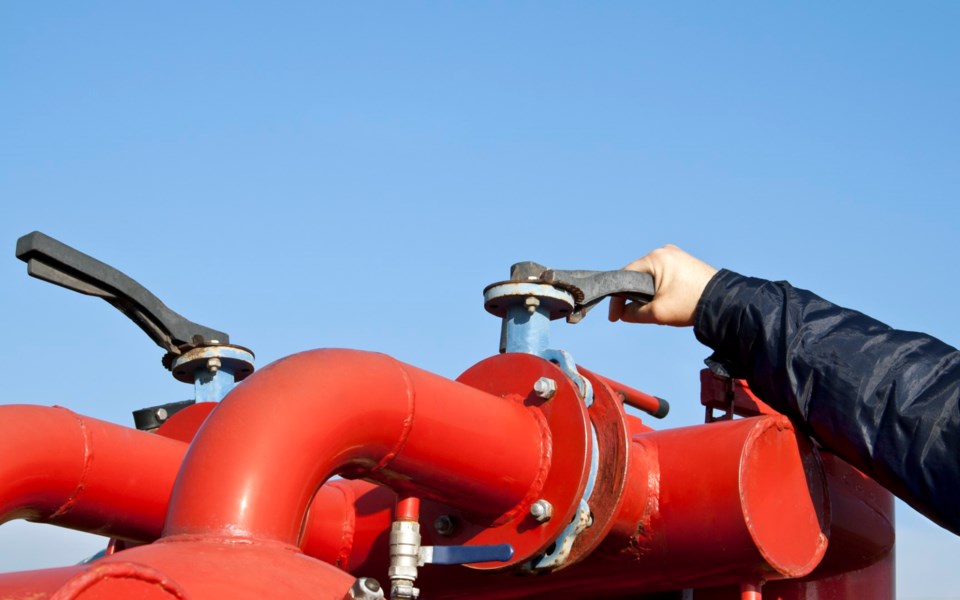It’s simple. Germany wants to buy natural gas. Canada has the supply. Let’s make a deal.
During last summer’s visit, Chancellor Olaf Scholz made clear Germany is looking at Canada to be a preferred supplier of energy. In April, German President Frank Walter Steinmeier visited the west coast, the heart of Canada’s emerging liquefied natural gas (LNG) export industry, to talk about energy trade once again with Canada. Now, reports are claiming Germany is lobbying the International Group of Seven (G7) to support public investment in the development of natural gas and ensure it is included as a transitional source of fuel in the world’s energy mix.
It’s time for Canada to answer the call. With LNG Canada, our first globally significant LNG export facility approaching completion, and two other LNG export projects starting construction, Canada is on the cusp of becoming a global supplier of LNG. Even without a direct energy trading link with Europe, Canadian LNG reaching more international markets will increase the global supply, making more LNG available to our G7 counterparts.
Germany’s rapid shift to importing LNG is a case study of the importance of finding a safe, secure energy supply.
About one-quarter of Germany’s energy demand was met by natural gas in 2022, the second most important energy source in the country’s mix after oil. Up until the war in Ukraine, Russia supplied more than half of Germany’s natural gas supply.
With the LNG Acceleration Act passed in 2021, Germany has fast-tracked its import capacity, going from almost no ability to import LNG just over one year ago to 14.5 billion cubic metres (Bcm) annually today – and the country expects to more than double that to 37 Bcm per year by 2028.
There are other places to buy LNG. The U.S. is the world leader in LNG exports, with Qatar a close second. But Germany, and others, are coming to Canada.
Why?
Because Canada is expected to produce some of the lowest-emission LNG on the planet. By virtue of the northern location of our LNG export facilities, less energy is needed to cool the natural gas to a liquid form, therefore less emissions. In addition, plans are in place for some export facilities to be electrified with hydropower, making them near-zero emission. Upstream, we extract natural gas with some of the most stringent emission and environmental standards in the world.
Federal government numbers show that oil and natural gas producers are on track to reduce methane emissions by 40 to 45 per cent by 2025.
Canada’s emerging LNG export industry is also being built in partnership with Indigenous communities through benefit agreements, employment, and Indigenous ownership in facilities.
Establishing LNG trading relationships offer Canadians massive economic benefits for years to come. LNG contracts are measured in decades, often being 15-to-20-year agreements to ensure security of supply. And as energy sources and markets evolve, the relationships established through LNG export agreements can be the trading links for future energy sources.
Canada has a proud history of supporting our international friends and allies who share our democratic and progressive values. We have such a partner knocking on our door asking us to supply them with a product they need for decades to come. It’s time to open the door.
Lisa Baiton is the President & CEO of the Canadian Association of Petroleum Producers.
©




